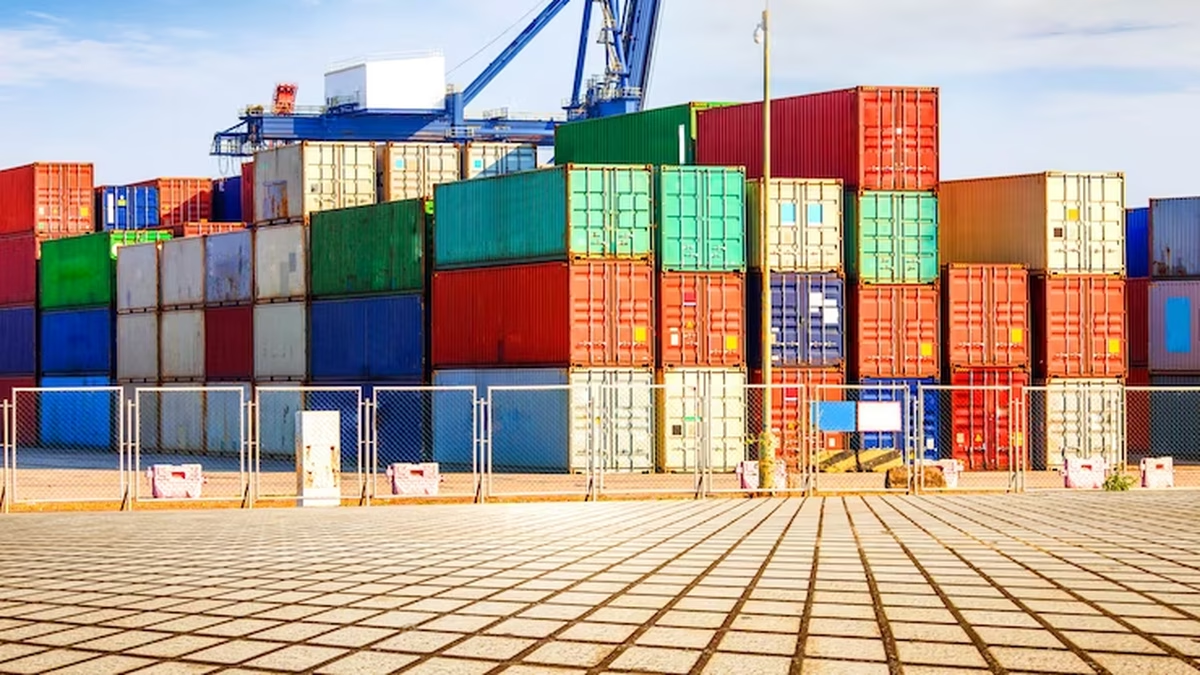The head of the MGAP, Fernando Mattos, questioned the “protectionist factor”, although he considered that Uruguay meets the requirements.
The government analyzes the scope of the entry into force of a law of the European Union (EU) against deforestation, considering that it could affect Uruguayan exports so from the Executive began to analyze if it is “required matter”.
The content you want to access is exclusive to subscribers.
He Minister of Livestock, Agriculture and Fisheries, Fernando Mattos, He considered that he shares the objective of combating climate change, but he was against the “protective factor” of the standard approved by the Parliament of the EU, for which he anticipated that they will seek to dialogue with representatives of the old continent.


“We are analyzing and making arrangements to see if it really is an enforceable matter,” Mattos explained, admitting the Executive’s concern about the possible restrictions. In this sense, he added: “We are going to talk to the European authorities because we understand that there should not be a protectionist factor in agricultural trade, which is already protected.
One of the questions is the difficulty to “verify or certify that the productions do not come from deforested areas.” In any case, the EU clarified that will not veto countries or raw materials, but the law requires the provider to issue a “due dilegence” to demonstrate that it does not come from or contributed to deforestation.
Could be a barrier to the export of key products
The European text involves products such as soybeans, cattle and derived products, coffee, palm oil, cocoa, chocolate, wood, furniture and rubber. So companies must demonstrate that the products do not contribute to deforestation or forest degradation. In this way, key exports for the country may be affected.
This standard is within the framework of the “Green Deal (Green Pact)”, carried out by the European Parliament. To this, the firms that export must add the fact of accrediting that they comply with the legislation of their country, but also those of human rights and the rights of native peoples.
Source: Ambito




